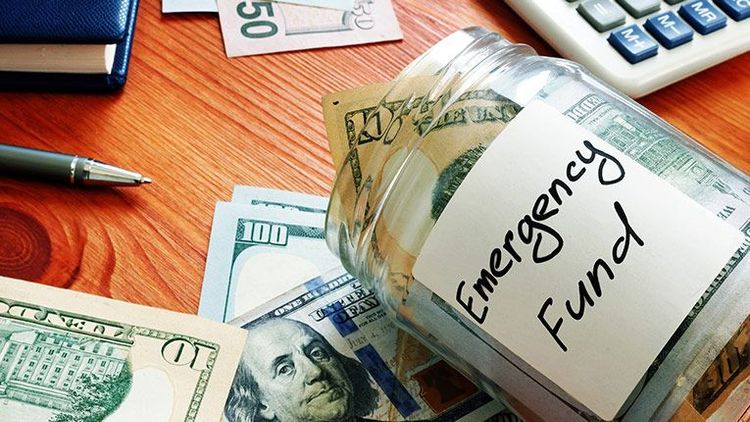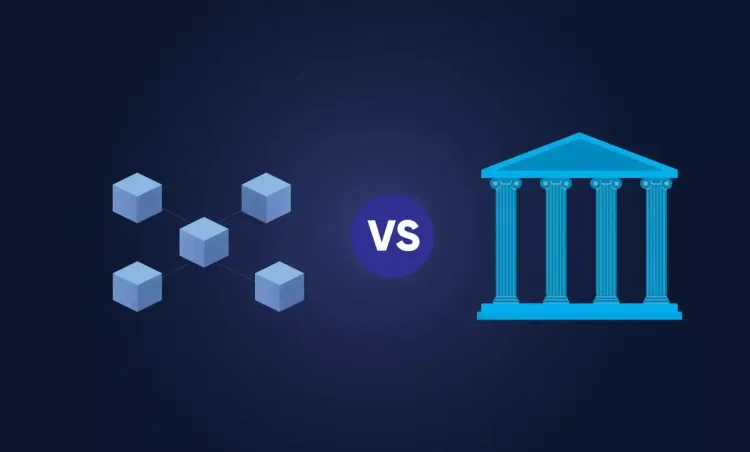Life is unpredictable. You can be cruising along one moment, then suddenly find yourself with unexpected expenses. Think of medical emergencies, auto repairs, or a sudden loss of employment. If you are not prepared, these situations can cause significant financial stress. An emergency fund can help. It's a safety net that gives you peace of mind in turbulent times. What exactly is the need for an emergency fund? How can you build one from the ground up? This blog post will cover everything you need about emergency funds, from their importance to practical tips on how to create and manage your own nest egg. You'll have the knowledge you need to protect your finances from whatever the future may bring. Let's get started!
Why You Need an Emergency Fund
Life is unpredictable. The unexpected can happen at any time. A financial cushion is provided by an emergency fund during difficult times. Imagine that your car breaks down or that a medical bill appears out of the blue. Stress can quickly escalate if you don't have any savings. An emergency fund can provide peace of mind. This safety net can also help you avoid debt spirals or long-term financial stress. You can handle unexpected events without compromising your financial goals. A fund for emergencies allows you to make more flexible decisions in your life, such as switching jobs or going on that long-awaited vacation, without worrying about money. This fund is not only smart, but it's also essential to your stability and future.
How much money should you save for an emergency fund?
It can be difficult to determine the right amount for an emergency fund. It is common to recommend that you aim to have three to six month's worth of living costs. This amount provides a safety net in the event of unexpected events. Personal circumstances are important. Consider saving up to one year's expenses if you have dependents or if your industry is unstable. If you are single and have minimal obligations, saving three months may be enough. Multiply your monthly expenses (rent, utilities, food) by the number you arrive at. Your savings goal should be individualized based on your individual situation and comfort level. You should also regularly review your savings goal as you experience life changes. You may need to adjust your emergency fund if you get a promotion at work or have a new family member.
What to do with your Emergency Fund
It is important to choose the right location for your emergency fund. It should be easily accessible but also earn interest. Popular choices are high-yielding savings accounts. These accounts offer higher rates than the traditional banks and help your money grow while still remaining liquid. A money market account is another option. They often offer slightly higher rates and allow you to write checks, giving you access quickly when needed. Online banks are also worth considering. Savings are attracted to them because they offer lower fees and higher rates of interest than brick-and-mortar institutions. Avoid investing your emergency fund into mutual funds or stocks. These investments are volatile and can undermine the security that you want from your emergency fund. It's important to keep it simple and effective so that you are prepared for unexpected life events without having to worry about where your money is.
How to Build an Emergency Fund
Start small. Start small. Over time, small contributions can add up. Automate your saving. Set up automatic monthly transfers from your checking to your emergency fund. You won't spend the money if you do this. Temporarily reduce non-essential expenditures. Redirect funds from subscriptions and dining habits into an emergency fund. Use windfalls judiciously. When added to your fund, tax refunds, cash gifts, and bonuses can provide a boost. Establish clear guidelines for what you consider an "emergency" to help control emotional spending and reinforce the importance of your financial cushion. Tracking your progress visually can help you stay motivated. Use charts or budgeting apps that will show you how close you are to reaching your target amount.
Common Mistakes to Avoid
A common mistake is to underestimate the amount of money needed for an emergency fund. You may think that a small cushion is enough, but unexpected costs can be significant. A second pitfall is to not separate the emergency fund and regular savings. If you mix these funds, it can lead to unexpected spending when the life curveballs come. Procrastination can also impede progress. Delaying contributions or waiting for "a better" time can lead to missed opportunities in building financial security. Automating your savings is another way to hinder your efforts. Automated transfers make saving easy and consistent. They also eliminate the temptation to skip a month. Many people overlook the impact of inflation on their saving goals. Reevaluating your goal regularly will help it remain relevant over time.
The Importance of Regularly Revising
It is important to maintain an emergency fund. Financial needs and life circumstances can change. Re-evaluating your fund regularly will ensure that it is in line with your current circumstances. Inflation can reduce the purchasing power of your savings. Last year's savings may not be enough today. You can adjust your budget accordingly by keeping track of this. Think about other life changes, such as a job change, a new child, or moving to another city. You can save more or less for unexpected expenses depending on the event. Remind yourself to check your emergency fund at least every six months. This encourages proactive measures rather than reactive ones when a crisis arises. This aspect of personal finances can bring you peace of mind in times of uncertainty.
Conclusion
It's not only a good financial decision to create an emergency fund, but it is also a great way to achieve peace of mind. The unexpected can happen, so having a cushion will help you navigate the unpredictable with confidence. If you need to, start small. Over time, even modest contributions can add up to significant savings. As your life changes, you should regularly assess your situation. Your needs may change in the next few years. You'll feel more confident when you know that you are in control of your finances. You and your loved ones will feel less stressed as you make each deposit. A fund for emergencies allows you to meet challenges without compromising your financial plans and without accumulating more debt. Take this journey to a stable future!




